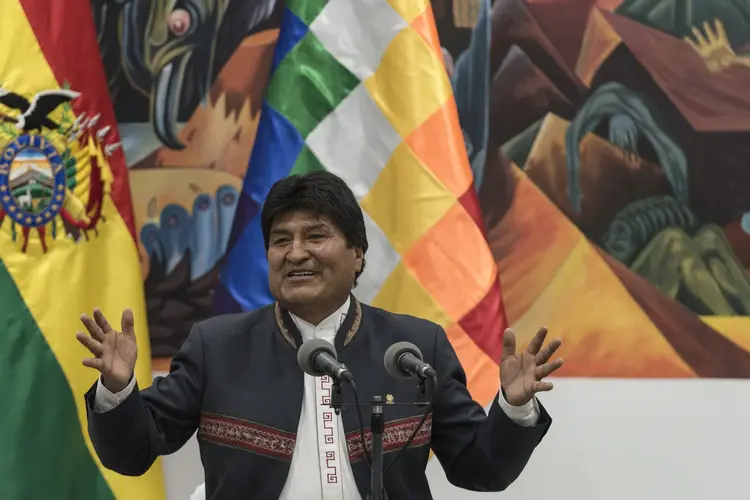Bolivians seem to be struggling through the country's worst crisis in a generation, marked by acute shortages of dollars, fuel and subsidized bread.
14th August 2025 07:36 AM ![]()

Bolivia's presidential candidates has made a final push for votes on ahead of elections on the weekend set to end 20 years of socialist rule.
Two right-wing candidates are leading the race for the first time since 2005 as voters desert the ruling Movement towards Socialism party, blamed for the country's deep economic crisis, ahead of Sunday's vote.
Polls have shown center-right business tycoon Samuel Medina and right-wing ex-president Jorge Quiroga running neck-and-neck on around 20 percent each, with six other candidates trailing far behind.
The two frontrunners were seen by reporters wounding up their campaigns with fanfares, street parades and packed rallies.
Doria Medina, who owns Bolivia's Burger King Franchise among other businesses, pledged shock therapy to pull the country back from the brink of default.
Speaking in the predominantly indigenous city of El Alto, a longtime stronghold of leftist ex-president Evo Morales, vowed to restore dwindling supplies of dollars and fuel within 100 days through austerity measures.
Meanwhile, Bolivians seem to be struggling through the country's worst crisis in a generation, marked by acute shortages of dollars, fuel and subsidized bread.
A dramatic drop in gas exports has eaten into the country's foreign currency reserves, making it unable to import sufficient fuel for its needs.
Thailand and Cambodia have agreed to extend a shaky ceasefire deal that followed five days of deadly hostilities along their border last month.
Recall that at least 43 people were killed in the conflict that ended on Tuesday last week after a long-standing dispute over border temples erupted into violence.
A truce was also brokered by Malaysian Prime Minister Anwar Ibrahim, who is chair of the ASEAN regional bloc, after cajoling by US President Donald Trump and a team of Chinese mediators.
The deal dictated a ceasefire, followed by a meeting of rival regional commanders, before defence officials held three days of talks in Kuala Lumpur that concluded with a joint statement on Thursday.